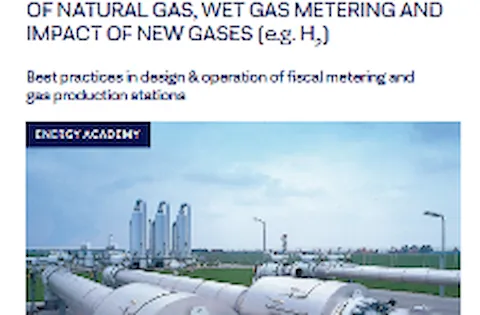Impact of new gases on end-user equipment
One day introductory course to get insight on the impact and challenges for end-user equipment.
Course description
The globalization of the natural gas market and the drive towards sustainability are increasing the diversity of the supply of gases to the natural gas infrastructure. For example, the growing interest in the introduction of sustainable fuels such as hydrogen and gases derived from biomass results in the introduction of “new” gas compositions, having components that do not occur in the traditional natural gas supply. These new gases generally have different combustion characteristics than natural gasses. As a result, the behaviour of the currently installed end-use equipment can deviate substantially, and even fail, when fuelled with the new gases.
On request, DNV can also provide an in-house training course in the English or Dutch language (content, location and duration of the course can be adapted to the client's wishes). Please contact us for more information.
Subjects
Impact of new gases on gas value chain
- Gas sources and (sustainable) gas production technologies
- Transportation and storage challenges of the new gases
- Impact on domestic and industrial end-use-equipment in terms of performance, emissions and safety
- Standardization/legal limits
- Economics, f.e. costs for transportation and storage in comparison to natural gas
- Challenges, opportunities and future trends
Target group
Metering managers, metering engineers, design engineers, station operators, service staff and inspectors of fiscal metering stations.
Combined course discount
If your register for both this course and the four-day 'training course on Fiscal metering of natural gas' a EUR 315 discount of the combined fee is applicable.


